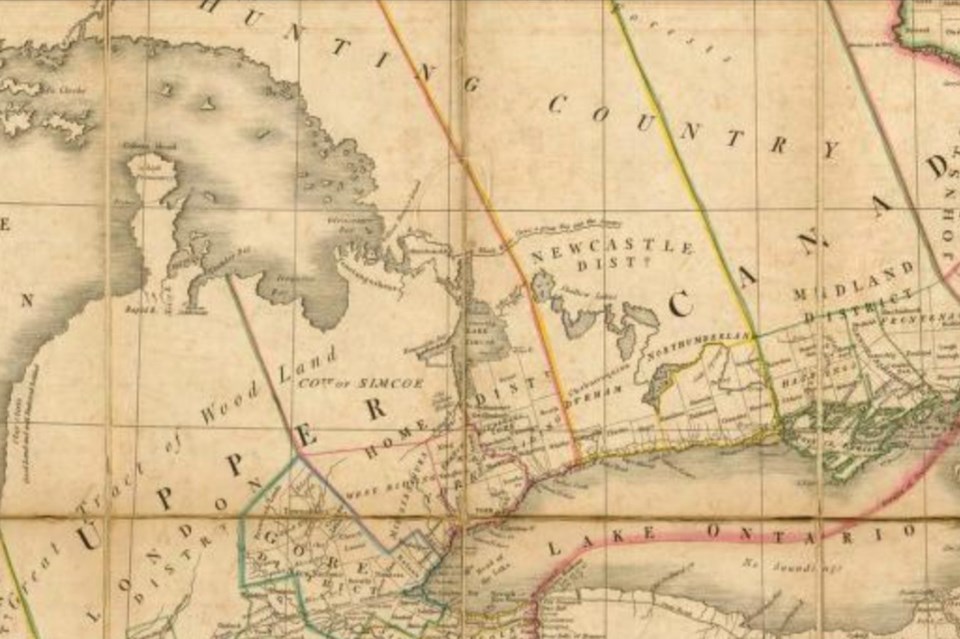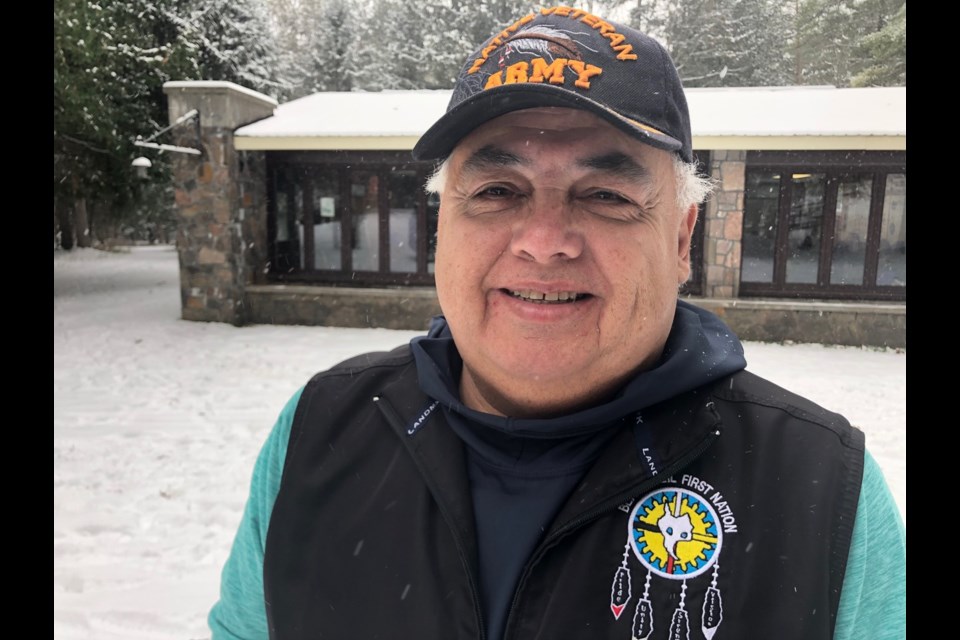Hello, I am Aki (Ah-kih). I have come to be known as Ontario. I have been called other names over time. Some are English names. Some are French. I may yet be called by other names in future. But know that I have answered to the name Aki longer than any other.
For thousands of years the tree spirits grew from my rich soil made fertile by the little spirits (insects) feasting upon the decay of the trees, and the plant spirits that came before them. Together, they worked in harmony creating the green foundation that began the circle of life within the forests tall.
The soil filtered water from beneath. The water, a pure pristine remnant of the Ice Age would bubble out from under the ground with frothing determination, forming inland lakes, rivers, and streams that burst forth with aquatic life of every kind.
Fish found nutrients that helped to build aquatic ecosystems which were tied to the shoreline by the four-legged spirits. They, in turn, counted on the waters and the swimmer spirits to replenish them with nutrients and other building blocks of life. The four-legged ones helped to shape the land and to build tall healthy forests. A balance, old and ancient, had been achieved. The creator saw that it was good.
Later, there came the first footsteps of the two-legged spirits, the Anishinaabek (Ah-nish-ih-naw-beck). They were tasked with the stewardship of the land. They were to maintain the balance. Every morning as they greeted the sun in ceremony they spoke of how they would look after Aki and then they gave thanks to Aki. I was humbled by such respect. That’s the first time that I was ever called Aki.
And so it was, for centuries, the integrity of the natural world went unbroken. The winged spirits would sing its praises to the sun. The Anishinaabek celebrated creation with successful harvest upon harvest. They watched all other living spirits and learned how to gather their food and how to make shelter from the tree and plant spirits for their survival.
They cultured a way of life and knowing that brought them food, clothing, and shelter from the four-legged spirits. They studied the land and learned to take only what they needed and when they did that, they learned to give thanks to me, Aki, and the creator, for what they received.
Then came the day when a new two-legged spirit, the European, walked upon these lands. This one was different. They did not revere the land in the same way that the Anishinaabek did. They saw it and the people upon it as something to take and to conquer. Rarely did they stop to give thanks for what they had received. They were even intent on pushing the Anishinaabek from the land of their ancestors.
In contrast, the Anishinaabek taught their European cousins how live upon the land. They worked with them and traded with them. At that time, the Europeans began to refer to me as the “New World” although I was as ancient as the land that birthed them.
They were fast to make agreements to share the land and its bounty with the Anishinaabek, and other Indigenous nations. They were just as fast to forget them.
I have a recollection of one such agreement. The Europeans referred to it as the Nottawasaga Treaty of the year 1818. On lands that they dubbed on their maps as The Great Tract of Woodland, they drew imaginary lines to give themselves title in a way that the Anishinaabek could not fully understand.

Surely they wanted to be stewards of the land and maintain the integrity of the natural world ... it was thought. Instead they brought tall ships filled with homesteaders into her waters and began to clear the land of its tree and plant spirits.
The Anishinaabek watched in sadness as tree spirit after tree spirit fell to make way for more settlement. The Anishinaabek called this “Aanoodziwin” (Aw-node-zih-win). This translated as “never being able to have enough.” Soon the Great Tract of Woodland would be no more.
Today, as I speak to you as Ontario, I can tell you that the remnants of the Great Tract of Woodland are still being taken. Today the thin strip that remains is known as The Greenbelt. Aanoodziwin still exists and this last remaining tract of land is endangered. As endangered as the tree spirits, the plant spirits, the swimmers, the fliers and the winged spirits that once lived on this soil. And let’s not forget the Anishinaabek.
I have been here for thousands of years. And only a short 204 years after 1818 there is something called Bill 23 which will create more homesteads faster. This Bill will accelerate my demise. Then what will I be called? Conquered?
I am Aki. You know me as Ontario. And this Bill 23 should be called Bill Aanoodziwin.
Mii iyo (Mee Ih-yoh) – That is all.
Jeff Monague is a former Chief of the Beausoleil First Nation on Christian Island, former Treaty Research Director with the Anishnabek (Union of Ontario Indians), and veteran of the Canadian Forces. Monague, who taught the Ojibwe language with the Simcoe County District School Board and Georgian College, is currently the manager of Springwater Provincial Park. His column appears every other Monday.
